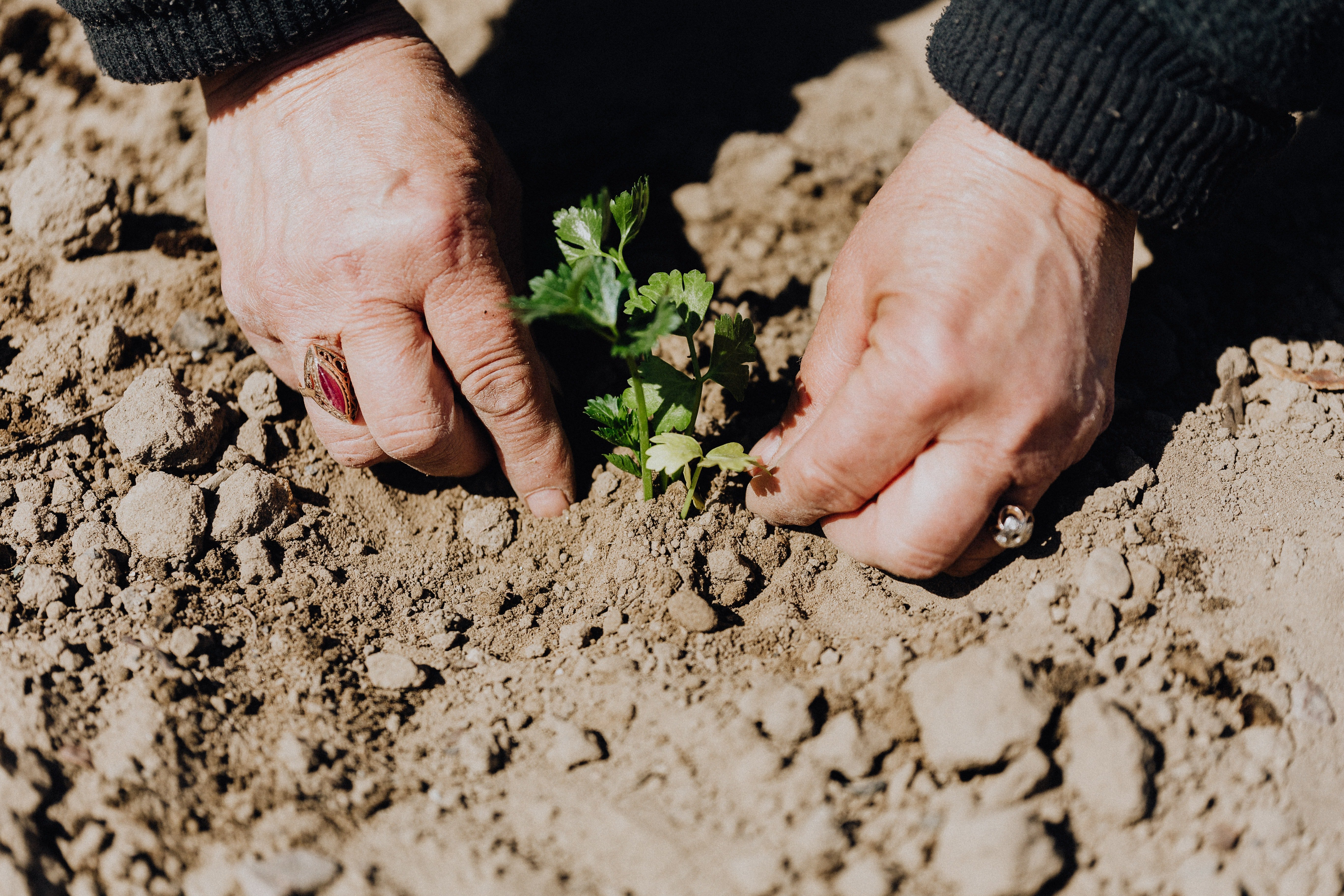How To Keep Your Garden Safe

How To Keep Your Garden Safe: A Guide for the Modern Gardener
Gardening is a beloved pastime for many, providing a chance to connect with nature and enjoy the outdoors. However, it's important to remember that a garden can also be a source of potential hazards. In this guide, we'll explore some tips and tricks for keeping your garden safe, so you can continue to enjoy all the benefits it has to offer.
First and foremost, it's important to conduct a thorough assessment of your garden to identify any potential hazards. Look for uneven surfaces, sharp edges, and toxic plants. Also, consider the layout of your garden and ensure that paths and walkways are clearly marked and easy to navigate. Additionally, make sure to have proper lighting in your garden, especially if you plan on spending time outside in the evening. This will not only help you see any potential hazards but also deter any unwanted visitors.
Next, take steps to protect yourself while working in the garden. Always wear appropriate clothing and protective gear, such as gloves and safety goggles. Use tools that are in good condition and be sure to properly maintain them to prevent accidents. Additionally, always be aware of your surroundings and take care when working with power tools or chemicals. When working with power tools, make sure to read the instructions and follow the safety guidelines provided by the manufacturer. Always unplug the tool when you're not using it, and never leave it unattended when it's plugged in.
It's also important to protect children and pets from potential hazards in the garden. Keep poisonous plants out of reach and be sure to properly store any chemicals or tools that could be dangerous. Additionally, take care to supervise children and pets while they're in the garden to ensure their safety. If you have a pond or a pool in your garden, make sure to install fencing or some sort of barrier around it to prevent accidental falls.
Another key aspect of keeping your garden safe is proper maintenance. Regularly prune trees and shrubs to prevent overgrowth and ensure proper airflow. Also, keep a close eye on the weather and take steps to protect your garden from potential damage caused by storms or heavy rains. Clear any fallen leaves, branches or debris that might have accumulated in your garden to prevent slips or accidents.
In addition to the physical hazards, it's also important to consider the potential impact of pests and diseases on your garden. Regularly inspect your plants for signs of infestation or disease and take appropriate action to address any issues that you find. This will not only help to protect the health of your plants but also prevent the spread of pests or diseases to other parts of your garden.
In conclusion, gardening can be a wonderful and rewarding experience, but it's important to take the necessary steps to ensure your garden is safe. By conducting a thorough assessment, protecting yourself and others, and properly maintaining your garden, you can enjoy all the benefits of gardening while minimizing the risk of accidents or hazards. Happy gardening!